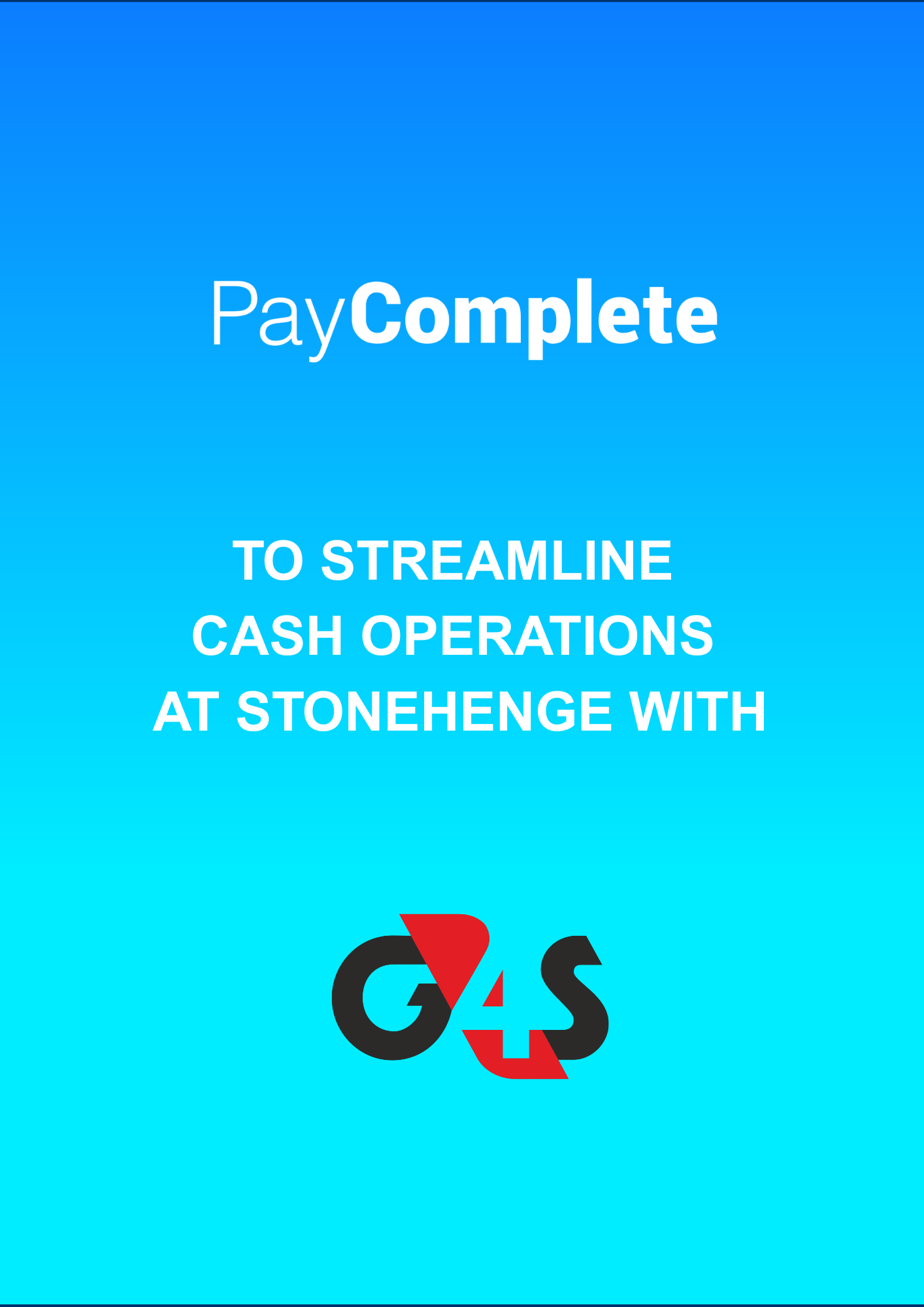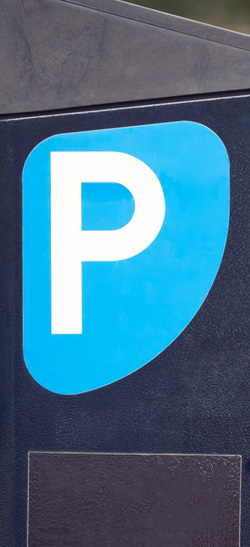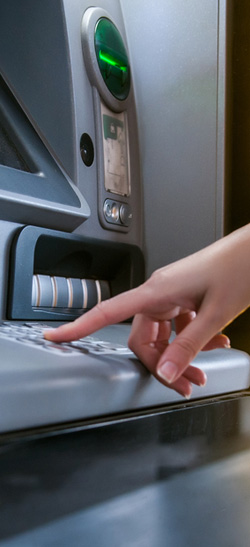To put it abruptly, yes, shops in the UK can legally refuse cash payment.
While cash is considered a legal tender, businesses have no legal obligation to accept it and have the right to set their own payment policies. This means that a brick-and-mortar store can refuse cash, just as they can reject other forms of payment, such as certain credit card payments or cheques. The stores preferred method of payment often depends on factors like security concerns, convenience, or a preference for digital payments.
But what does ‘legal tender’ actually mean, and are there any exceptions to this rule? Keep reading to find out more about the laws surrounding cash payments and how they might affect both businesses and customers.
The Legal Tender Misconception
There is a common misconception that if cash is considered a legal tender businesses must accept it as payment.
However, the term legal tender has a narrow and specific definition. For instance, if a court orders you to pay a debt and you offer to settle it using a legal tender, the payment cannot be refused.
However, this rule does not apply to everyday transactions. The Bank of England reinforces this point, stating that legal tender has “no practical meaning in everyday life.”
What Exactly is a Legal Tender?
The definition of legal tender varies depending on the situation and location.
For example, cheques, debit cards, and contactless payments are not considered legal tender.
Across the UK, both banknotes and coins are legal tender, except for 1p and 2p coins when used for amounts over 20p. However, in Scotland and Northern Ireland, only Royal Mint coins are classified as legal tender – banknotes are not.
The UK Government’s Position on Cash Acceptance
In response to a 2022 petition to make cash acceptance mandatory, the UK Government stated:
“The government does not plan to mandate cash acceptance. Businesses are able to choose the forms of payment they accept. The government’s proposals for legislation support cash acceptance.”
Through this policy, the government recognises the more vulnerable people, such as those on lower incomes, who rely on cash. However, it made it clear that it is still the individual businesses right to choose which forms of payment they accept.
Why Do Some Shops Refuse Cash Payments?
Reduce Cash Management Costs
Cash management (not to be confused with cashflow management) refers to all of the tasks and processes related to handling physical currency.
It is an essential part of some businesses’ work. For example, cash acceptance is a big part of everyday retail operations.
However, it comes with associated costs. For example, banks charge fees for accepting cash and coins. Staff training, security, transportation, and insurance costs related to handling cash all need to be considered.
Increase Efficiency
It takes substantial time and resources to accept cash. Thereby not accepting cash, businesses can save both time and resources.
A cashless society could also reduce queueing time. After all, contactless payments can be significantly quicker for both employees and customers, compared to handling cash.
Reduce the Risk of Theft & Robbery
By eliminating cash payments, businesses also remove the need to securely store and transport cash.
The lack of physical cash reduces the risk of theft (both internal or external), types of fraud (such as counterfeit notes), and robberies.
Belief That Cash is Obsolete
Many argue that cash is no longer needed; others go so far as saying that the move to a cashless society is needed.
Technological advancements have caused a shift in customer preference towards non-cash payments. This is evident through the closure of over 400 bank branches in the UK in 2024 alone.
Despite the belief that cash is becoming obsolete, cash is still popular, with more articles stating that cash is still the second most popular payment method after debit cards.
The Benefits of Accepting Cash Payments
Accepting cash payments can bring a number of benefits.
Cash is particularly useful for small businesses dealing with low value but frequent transactions, saving money on processing fees. It can also reduce overheads related to securely storing sensitive electronic payment data.
It improves accessibility of businesses’ products and services. This helps groups that use cash as their primary payment method (such as the elderly), and gives others more choice of payments methods.
Cash payments promote debt free transactions. This can help some consumers better control and manage their spending. It can also show that your business is factoring in a payment method vulnerable groups.
Last, but certainly not least, cash is a reliable back up in the event of technology errors or breakdowns.
Conclusion
In the UK, businesses possess the right to refuse cash payments. Despite this reality, a common misconception that cash is universally considered ‘legal tender’, and therefore cannot be refused, persists.
While legal definitions vary across regions, the UK government, in response to a 2022 petition, affirmed the autonomy of businesses to choose what specific payment methods they accept. Various shops opt for cashless transactions due to cost reductions in cash management. In some cases, this can increase efficiency and diminish risks of theft.
However, embracing cash payments also offers significant advantages. This is especially the case for small businesses dealing with frequent, low-value transactions. And it serves as a reliable back up in case of technological glitches.
Despite the push towards cashless transactions, cash remains a popular and essential payment method in the UK. Being able to accept cash enables businesses to gain a wider range of customers.From a customers point of view, it enhances accessibility and convenience, and promotes debt-free spending.
To help businesses manage cash transactions efficiently, PayComplete offers innovative CashTech solutions, combining hardware, software, and cloud-based technology. From smart cash recyclers to automated payment systems, PayComplete enables businesses to streamline cash handling, reduce operational costs, and provide seamless payment experiences for customers. While the trend toward cashless payments continues, PayComplete ensures that businesses can still handle cash with ease, security, and efficiency.

Related Posts








